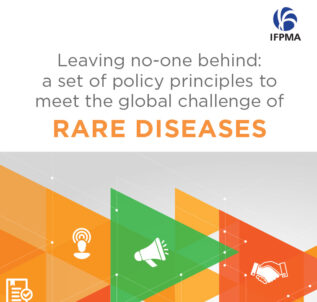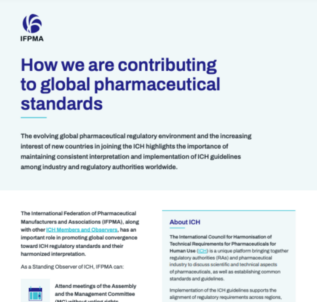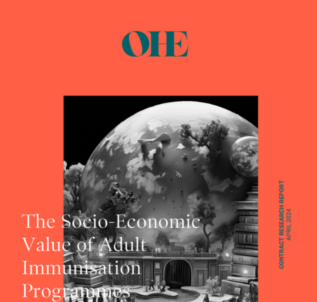Leaving no-one behind: A set of policy principles to meet the global challenge of Rare Diseases

Rare diseases pose unique challenges to patients, their families, society, healthcare professionals and healthcare systems.
Globally, some 7,000 rare diseases have been identified. Positively, a number of significant events in the global policy agenda have helped to give more momentum to rare diseases, such as the UN 2030 Agenda and Sustainable Development Goals (SDGs) and the drive towards universal health coverage, which are centred around leaving no-one behind, as well as the recent establishment of the NGO Committee for Rare Diseases. Despite such advancements, many countries do not have tailored policy frameworks today and there still is a large unmet medical need: of the known rare diseases, it is estimated that only 5% have a licensed treatment.
This is due to the fact that a single condition affects relatively few patients worldwide. However globally, the total number of patients impacted by rare diseases is estimated to be 350 million people, approximately 5% of the world population. As such, IFPMA members believe that a shift in mindset is required whereby rare diseases are not considered in isolation but rather regarded as a significant factor within health policy frameworks.
350 million people are estimated to be impacted by rare diseases worldwide Click To Tweet
Most rare diseases are genetic and can be associated with life-long disability, often starting in childhood. Many are chronic, degenerative and life-threatening conditions. Many rare disease patients are undiagnosed. A supportive policy environment is therefore necessary to foster greater understanding of these diseases and how they impact patients, to stimulate more research, to encourage appropriate disease management and empower patients and their wider communities.
Our vision
Our vision is to promote equitable and timely access to the tools and the appropriate healthcare infrastructure and supportive care that patients need to manage their diseases. Our Members believe that each person with a rare disease should expect to be treated with dignity and appropriate care, and we propose guiding principles that would contribute towards the design of a global policy ecosystem that recognises the need to improve the lives of patients with rare diseases




